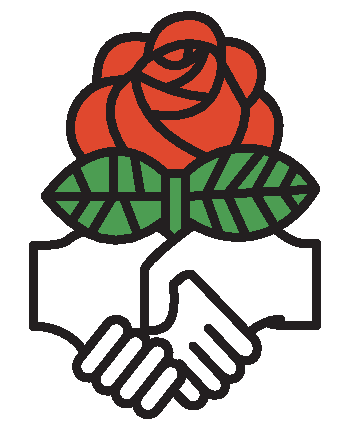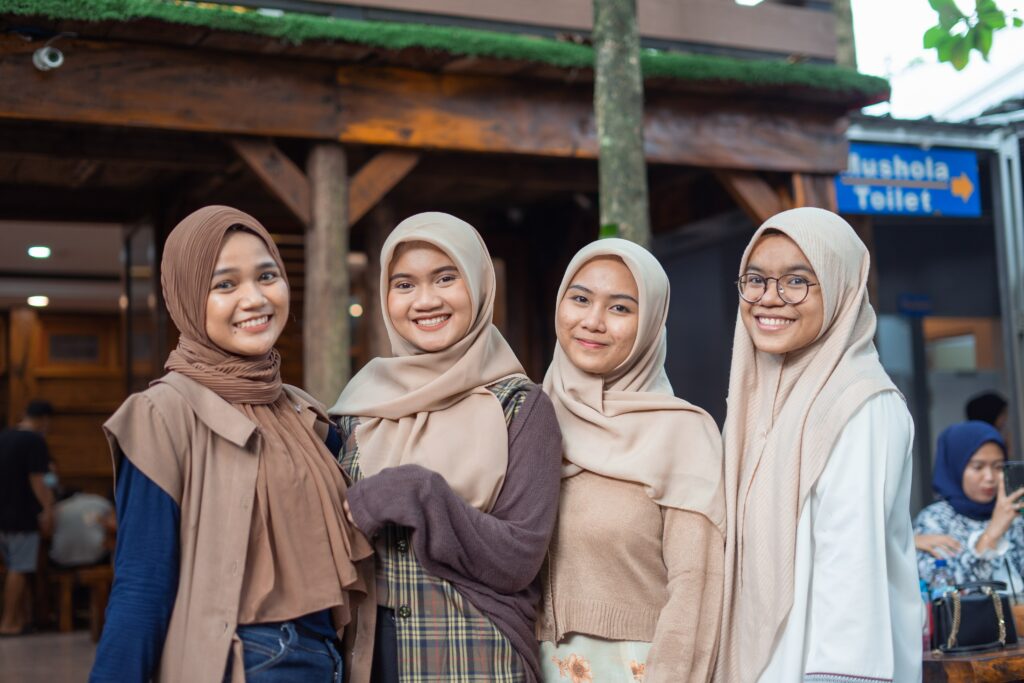Women in Politics – The New Challenges
Geneva, Switzerland, 15 and 16 December 2014
Resolution
Recognising that significant progress has been made on the UN Millennium Development Goal 3 (MDG 3) of promoting gender equality and empowering women leading up to 2015, the Socialist International Women notes with concern the continuing gender disparity evident within the global political arena. While there are a number of initiatives which have been highly effective at championing and supporting the active involvement of women in politics, substantial gaps still remain where women continue to be aggressively marginalised and publicly disparaged in their efforts to participate in political dialogue.
Socialist International Women asserts that achieving gender equality across the full spectrum of political processes, as well as being a principle of human rights, also plays a pivotal role in successfully integrating the changes needed to eradicate gender discrimination, both within nations and globally. Gender inclusive governance is a vital contributing factor in achieving many MDGs and is essential for the full achievement of MDG 3.
Socialist International Women notes with satisfaction that the Women in Politics Map 2014, produced by the Inter-Parliamentary Union (IPU) and UN Women, shows healthy progress in some areas, demonstrating that gender bias in politics is gradually dissolving. There are now 36 countries with 30% or more women ministers which is an encouraging increase from 2012 when there were only 26. The portfolios of women ministers are also developing positively to cover a wider range of socio-economic areas. Education, Social Affairs and Women’s Affairs posts are still the most frequent, but there are now also women ministers in Defence, Environment and Foreign Affairs posts. Overall, the Americas, Europe and Africa show the most significant change, with Arab, Asia and Pacific regions showing slower progress at present.
One area of continuing concern is the challenge of the glass ceiling in politics which prevents many women politicians from taking up the most influential senior level posts. Again, this is gradually changing as the number of women politicians rises, allowing them to demonstrate their skills and effectiveness, and some regions incorporate working policies which make it easier for women to participate. Socialist International Women affirms its support for initiatives and frameworks which promote increasing the numbers of women in politics in general as well as increasing the numbers in senior political posts.
Women remain the primary carers of children and the family home, which raises both practical and cultural challenges to pursuing a political career. Time spent away from the home and children can in some cases be culturally interpreted in a way that suggests women in political roles are neglecting their duties as women. This cultural pressure can result in the suppression of women’s political aspirations, effectively excluding them from political and legislative debate. This has been witnessed as being a particularly extreme challenge in some of the emerging new democracies where gender discriminatory cultural norms are still firmly entrenched and actively supported. In other cases it can simply be an absence of available and affordable childcare during political activities, or a political culture of extremely long working hours, which prevents participation. In the most deeply concerning cases, extreme violence and aggression towards women politicians prevents women’s participation in any political processes at all. Socialist International Women notes with deep regret that such incidents are still occurring and reaffirms its continuing passionate commitment to the ending of gender discrimination in politics, the encouragement and support of women in politics, and the total elimination of violence against women in any area of life.
The economic challenges many countries are facing has also impacted on the advancement of women in politics. The issues of women and gender discrimination are often relegated to a lower priority while the majority of focus is given to economic improvement. In addition, women are more likely to take low paid roles with long hours to help support the family financially, while still providing unpaid child rearing, social replenishment and house management functions. This leaves many women with little time or thought left over to become involved in political activities. This means that not only do women lose their political voice and ability to influence policies and legislation; the wider political community also loses the value of their contribution and perspective.
Having higher percentages of women politicians improves the image of parties. This can improve their reputation with the electorate. They are more likely to be perceived as representing and taking into consideration the views of both genders when formulating policies. Electoral campaigns and strategies can also be strengthened with a higher participation of women as they will connect more empathetically with the issues and concerns of women voters.
Socialist International Women supports the quota system of electing women into government as a temporary measure to get women into political positions and to achieve parity democracy, while also emphasising the proven effectiveness of robust and politically sustainable gender-sensitive frameworks, legislation and policies to encourage and support women in pursuing political careers.
Socialist International Women calls on governments, member parties of Socialist International, the UN and NGOs to help accelerate the progress of increased participation of women in politics and improve working conditions within political structures which support this by:
promoting the institutionalisation of gender equality within party and national/state government structures, processes and practices
formulating and adopting frameworks, programmes and initiatives which champion and support the participation and advancement of women in politics, for example: allocating extra campaign funding for parties which have 30%, and more, women candidates in electable places in the list
ensuring equal access for both genders to financial and other resources and campaign funds
raising the profile of gender issues by making them an integral part of party electoral strategy
encouraging gender-responsive governance at the local, state and national level
campaigning for legislative and policy changes across all political processes which support the increased participation of women politicians
introducing the practice of gender budgeting to be monitored on all levels of governance: municipal, regional and national.
_______________

